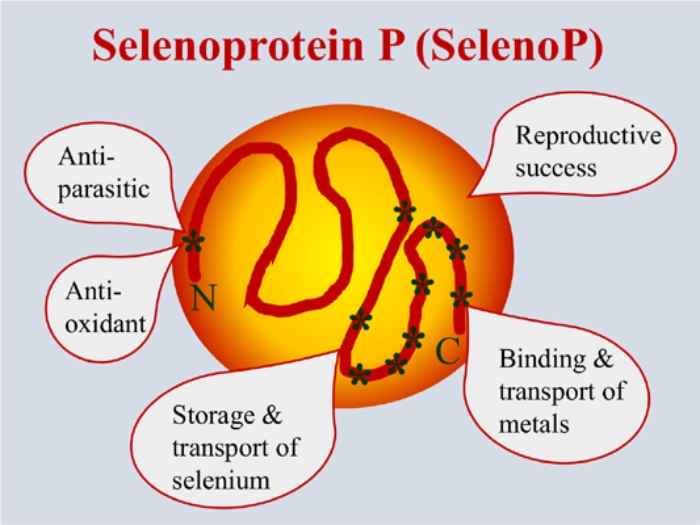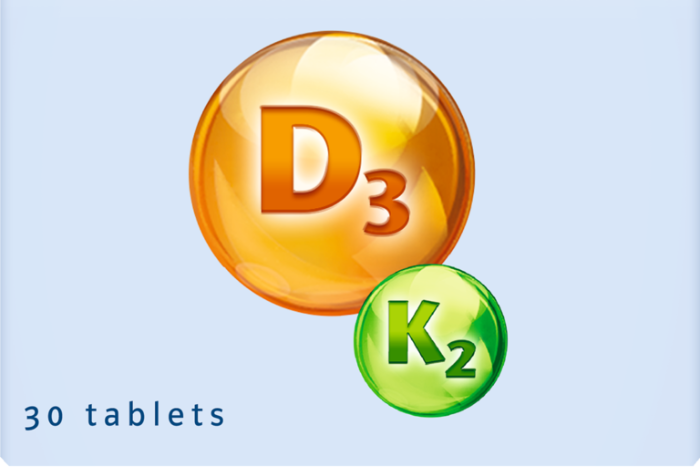Exploring the Efficacy and Safety of Sword Bean Pod Extract in Allergic Rhinitis Management
Allergic rhinitis, a condition characterized by nasal congestion, runny nose, and sneezing, is a significant burden on quality of life. Traditional treatments like antihistamines, while effective, often come with long-term side effects, prompting many patients to seek safer, natural alternatives. A recent study has turned its attention to the potential of immature sword bean pod (SBP) extract as a natural remedy for allergic rhinitis. This article delves into the study’s findings, exploring the efficacy, mechanisms, and safety of SBP extract in managing this common condition.
Study Design and Methodology
The study was conducted as a double-blind, placebo-controlled, randomized trial involving 64 participants diagnosed with perennial allergic rhinitis. Participants were divided into two groups: one receiving SBP extract and the other a placebo, both administered orally over a six-week period. The primary goal was to evaluate the symptom relief efficacy of SBP extract and to understand its mechanisms in regulating allergic immune responses.
Key Findings: Symptom Relief and Quality of Life Improvements
The results were promising. The SBP group showed significant improvements across multiple metrics compared to the placebo group. Notably, nasal congestion (interaction p = 0.031), Rhinoconjunctivitis Quality of Life Questionnaire (RQLQ) scores (interaction p = 0.001), sleep quality (interaction p = 0.004), systemic reactions (interaction p = 0.002), daily life functionality (interaction p = 0.047), and nasal symptoms (interaction p = 0.002) all demonstrated marked enhancements. These findings suggest that SBP extract not only alleviates physical symptoms but also improves overall quality of life for individuals suffering from allergic rhinitis.
Mechanisms of Action: Reducing Allergic Inflammation
To understand how SBP extract achieves these effects, the study also investigated its impact on cellular mechanisms. In vitro experiments using EoL-1 and HMC-1 cells revealed that SBP treatment significantly reduced levels of eosinophil cationic protein (ECP), a key biomarker of allergic inflammation (p < 0.05). This reduction was attributed to the inhibition of the PI3K/Akt/mTOR signaling pathway, which plays a crucial role in eosinophil activity. By suppressing this pathway, SBP extract effectively curtails the inflammatory response associated with allergic rhinitis.
Safety and Tolerability
One of the most compelling aspects of SBP extract is its safety profile. Throughout the six-week trial, no significant adverse effects were reported, making it a potentially safer alternative to conventional treatments. This is particularly important for patients who require long-term management of their symptoms and are concerned about the side effects associated with prolonged use of antihistamines.
Implications for Future Research and Treatment
The findings of this study open new avenues for the treatment of allergic rhinitis. SBP extract not only offers symptom relief but also addresses the underlying inflammatory processes, making it a holistic treatment option. Future research could explore the long-term effects of SBP extract, its efficacy in different subtypes of allergic rhinitis, and its potential synergies with other natural or conventional treatments.
Commentary by SuppBase Columnist Alice Winters

The study on immature sword bean pod (SBP) extract presents a compelling case for its use as a natural remedy for allergic rhinitis. The significant improvements in symptom relief and quality of life metrics, coupled with its favorable safety profile, make SBP extract a promising alternative to traditional antihistamines. However, while the results are encouraging, there are several factors to consider.
Firstly, the study’s sample size, though adequate for initial findings, is relatively small. Larger, more diverse trials are necessary to confirm these results and to explore potential variations in efficacy across different demographics. Additionally, the six-week duration, while sufficient to observe symptom relief, does not provide insights into the long-term safety and efficacy of SBP extract. Extended studies are crucial to ensure that the benefits are sustained over time without adverse effects.
Another important consideration is the mechanism of action. While the inhibition of the PI3K/Akt/mTOR pathway is a significant finding, further research is needed to fully elucidate how SBP extract interacts with other inflammatory pathways and immune responses. Understanding these mechanisms in greater detail could lead to optimized formulations and dosages, enhancing the extract’s efficacy.
From a market perspective, the introduction of SBP extract as a functional ingredient in health products could meet the growing consumer demand for natural, safe, and effective alternatives to conventional medications. However, transparency in labeling, rigorous quality control, and clear communication of benefits and limitations will be essential to build consumer trust and ensure informed decision-making.
In conclusion, the study on SBP extract is a valuable addition to the body of research on natural remedies for allergic rhinitis. Its potential to improve symptoms and quality of life, combined with its safety profile, makes it a noteworthy option for patients seeking alternatives to traditional treatments. However, as with any emerging health product, continued research, transparent communication, and careful consideration of individual needs and circumstances are paramount.



